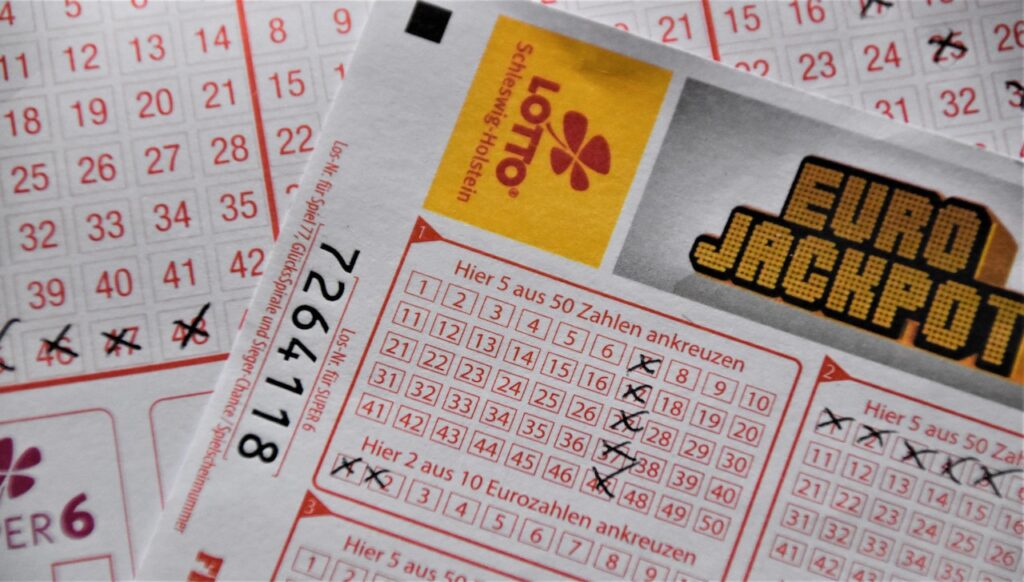Every year, millions of people dream about winning the lottery. In fact, studies show that over 50% of adults in the U.S. participate in lotteries at some point. Despite this, misinformation surrounding lotteries persists, influencing decisions and finances in harmful ways. This article seeks to clear up common lottery myths, offering accurate information and tips for responsible participation.
Myth 1: Picking Lucky Numbers Increases Your Odds
The Randomness of Lottery Numbers
Lottery numbers are drawn randomly. This means that any sequence of numbers has the same chance of winning. Many players believe that certain numbers are “lucky,” but studies show that number frequency varies little from one draw to another, proving luck doesn’t really play a role.
The Gambler’s Fallacy
The Gambler’s Fallacy is the belief that past events can affect future outcomes. For instance, if a number hasn’t been drawn recently, some might think it’s “due” to appear. This kind of thinking can lead to poor lottery choices.
The Importance of Random Number Selection
Instead of relying on lucky numbers, consider using quick picks or letting the machine choose your numbers at random. This method is statistically sound and can alleviate the stress of choosing your numbers.
Myth 2: Lotteries Are a Waste of Money
The Odds and Expected Value
While the odds of winning a major jackpot are steep—often in the range of 1 in millions—calculating the expected value of a lottery ticket might surprise you. Most tickets are not a complete waste; they provide entertainment value worth considering.
Responsible Budgeting and Entertainment Value
Think of lottery spending as entertainment. Set a budget that fits comfortably within your finances. As a financial advisor once said, “It’s about finding balance in your spending.”
The Impact of Lottery Proceeds
Lotteries also contribute to society. In many states, proceeds support education, public health initiatives, and infrastructure projects. For example, over $20 billion a year is generated for local education systems from lotteries alone.
Myth 3: Winning the Lottery Will Solve All Your Problems
The Psychological Impact of Sudden Wealth
Winning a large sum can create unexpected challenges. Many winners report feeling overwhelmed, experiencing relationship strain, or facing financial mismanagement.
Financial Planning for Lottery Winnings
Consulting a financial advisor is crucial after a win. They can help navigate tax implications and invest wisely. For more tips on managing newfound wealth, check out this financial planning resource.
The Importance of Long-Term Financial Planning
Regardless of whether you win or lose, it’s essential to maintain sound financial habits. Success in lottery or life doesn’t come from luck alone, but from careful planning.
Myth 4: Past Winning Numbers Predict Future Outcomes
The Independence of Lottery Draws
Each lottery draw is independent from the last. Statistics show no correlation between past winning numbers and future results. This means if a number has won before, it does not mean it is “hot” or more likely to be drawn again.
Hot vs. Cold Numbers
The myth of “hot” and “cold” numbers—numbers that supposedly come up often or not at all—has no basis in reality. Every number has an equal chance in every draw, regardless of what has happened before.
Avoiding Pattern Recognition Bias
Humans naturally look for patterns, but this can lead to poor choices. Understanding this bias helps make informed, rational decisions when playing the lottery.
Myth 5: Buying Multiple Tickets Significantly Increases Your Odds
Calculating Increased Odds
While it’s true that buying multiple tickets can marginally increase your odds, the improvement often remains very small compared to the overall probability of winning.
The Law of Diminishing Returns
As you purchase more tickets, the added benefits of each additional ticket decrease. For example, buying ten tickets instead of one increases your odds, but you’re still facing incredibly long odds.
Budget-Conscious Ticket Purchasing
Set a budget beforehand. Decide how much you are willing to spend each week or month on lottery tickets, ensuring you stay within your financial means.
Myth 6: Playing the Lottery is Addictive and Harmful
Responsible Gambling Practices
To enjoy playing the lottery responsibly, set limits on how much money and time you spend. Avoid chasing losses, and always remember that it’s meant to be fun.
Recognizing and Addressing Gambling Addiction
If you or someone you know is struggling with gambling, many resources are available. Organizations like the National Council on Problem Gambling offer help and support.
The Importance of Balance
Playing the lottery should complement other enjoyable activities, not replace them. Maintain a balanced lifestyle where gaming is just one of many hobbies.
Conclusion
Throughout this article, key lottery myths have been debunked. Understanding the facts can lead to better decision-making and smarter financial planning. Remember, lottery play should be enjoyable, with reasonable expectations. Share this article to help others stay informed and dispel common misconceptions about the lottery.








Facebook Comments